Have you been recently diagnosed or are just curious about what glaucoma is? As the leading cause of vision loss in patients over 60, glaucoma is a condition that older adults should be screened for regularly. Known as “the sneak thief of sight,” one of the alarming aspects of glaucoma is that symptoms don’t usually appear until the damage is done. That’s why it’s critical for older adults to get a regular exam to monitor their eye health. Read on to explore more information about glaucoma symptoms and treatments.
The Damage Glaucoma Can Cause Left Untreated
A healthy eye produces and manages the flow of a fluid called aqueous humor that your eye needs to function properly. But eyes with glaucoma have difficulty regulating this fluid. Glaucoma causes an increase in pressure within the eye that affects nerve connections and vision. So, if you leave glaucoma untreated, eventually, it will rob you of your eyesight.
Who Is at Risk for Glaucoma
Adults aged 60 and older are especially at risk of developing glaucoma, but that doesn’t necessarily mean you should wait to get checked. Our doctors recommend adults 40 and older get a dilated eye exam at least once a year. Those in the Asian, Hispanic, and African American communities, people with a family history of glaucoma, and people who are diabetic are also at a higher risk of developing this eye disease. 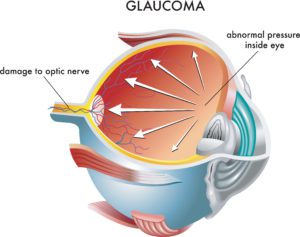
Warning Signs of Glaucoma
Have you been experiencing unexplainable problems with your vision? Although symptoms may not appear right away, it’s important that you get your eyes evaluated if you’re noticing any of the following:
- Halos appear around lights
- Vision loss
- Eye redness
- Whitening of the cornea
- Eye pain
- Spotty or patchy blind spots in central vision
- Tunnel vision
- Severe headaches
Can Glaucoma Be Cured or Prevented?
Unfortunately, there is no cure for glaucoma. And while there’s no sure-fire way to prevent it, catching glaucoma early can help you preserve your vision for longer. That’s why our doctors recommended older adults get screened regularly to help catch glaucoma before their vision is too far affected. Early detection is your best chance to retain your vision for years to come.
Glaucoma Treatments
We offer several treatment options for glaucoma, with some being as simple as eye drops and others involving surgery. For more information about glaucoma treatments, click here.
- Medicated eye drops – This is the most common treatment we offer to lower your eye pressure to control glaucoma.
- Surgical options – New advances in glaucoma treatment, including laser technology and microscopic stents, are making it easier to treat patients and yield better results.
Why You Should Get in Touch With Our Glaucoma Specialist
Glaucoma is a serious eye disease that requires the help of highly experienced doctors. Schedule an appointment today if you suspect you or a loved one is developing glaucoma or you’re at risk.
Our glaucoma specialists are dedicated to helping you protect and preserve your vision. You can expect compassionate care and the best treatments available when you visit any of our locations.
Sources Cited
Bohl, J. (2019) Warning signs of glaucoma and how it is treated, Summa Health. Available at: https://www.summahealth.org/flourish/entries/2019/12/warning-signs-of-glaucoma-and-how-it-is-treated.
Don’t let glaucoma steal your sight! (2020) Centers for Disease Control and Prevention. Available at: https://www.cdc.gov/visionhealth/resources/features/glaucoma-awareness.html.
Glaucoma (2022) Mayo Clinic. Available at: https://www.mayoclinic.org/diseases-conditions/glaucoma/symptoms-causes/syc-20372839.






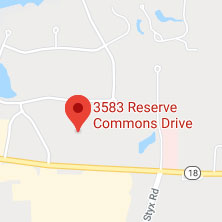

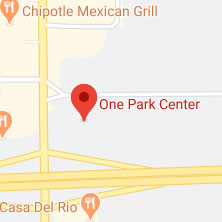
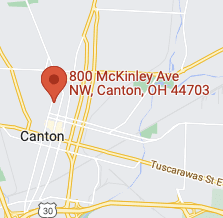
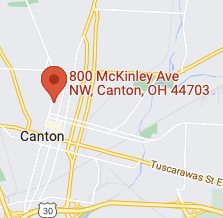
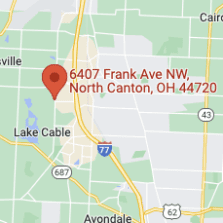


Recent Comments